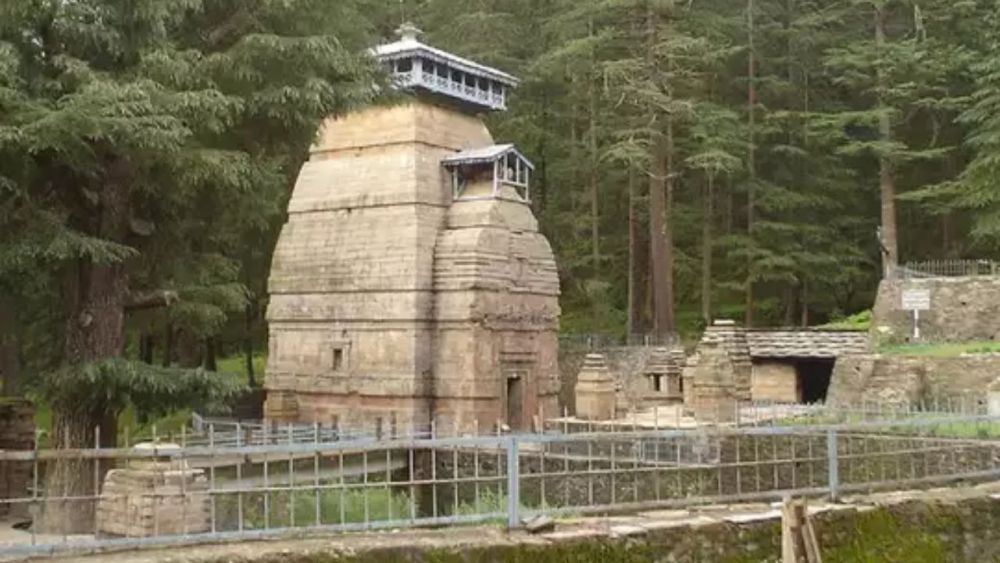

Tucked away in the serene and picturesque valleys of Kumaon in Uttarakhand, Jageshwar is a quaint temple town that is home to a complex of ancient Hindu temples dedicated to Lord Shiva. Among these shrines is the notable Kuber Temple, which holds a significant place in both the spiritual and cultural landscapes of India. Uttarakhand, often referred to as the 'Land of Gods' due to its plethora of pilgrimage sites, sees Jageshwar as an important destination for devotees and history enthusiasts alike.
The history of tourism at Kuber Temple is intricately linked with the town of Jageshwar itself. The temple complex, believed to date back to between the 8th and 12th centuries AD, became a focal point for pilgrims traveling to the nearby Jageshwar Mahadev Temple. The Kuber Temple, though smaller in size compared to the main shrines, drew attention for its unique architectural style and the deity it honors, Lord Kuber - the god of wealth according to Hindu mythology.
Despite its ancient origins, tourism at Kuber Temple saw a significant rise only in the latter part of the 20th century. This was when roads improved, and Jageshwar became more accessible to the outside world. The establishment of the annual Jageshwar Monsoon Festival, which includes a renowned Shiva festival, also dramatically increased the flow of tourists to the area.
Efforts to preserve the temples, including Kuber Temple, have been made by the Archaeological Survey of India (ASI). These preservation efforts, coupled with improved accessibility, have boosted tourism in the region, allowing visitors to enjoy the site's historical and spiritual significance in its full glory.
In recent times, there has been a surge in eco-tourism and cultural tourism in Uttarakhand. Travelers are seeking immersive experiences that combine spirituality, nature, and village life. The area around Kuber Temple caters to this trend, with many local homestays and eco-friendly accommodations popping up, enabling tourists to connect more deeply with the local environment and culture.
Additionally, there has been an increase in adventure tourism activities in the region such as trekking, bird watching, and rock climbing, attracting a different segment of tourists to this spiritual site, further popularizing Jageshwar among diverse tourist demographics.
Visitors to the Kuber Temple often describe the experience as transcendent, noting the harmonious blend of nature's tranquility and the temple's mystic aura. Surrounded by the dense Deodar forests and the murmuring Jata Ganga river, the temple complex, including Kuber Temple, stands as a testament to the architectural prowess and spiritual depth of India's ancient artisans and sages.
Jageshwar, and within it the Kuber Temple, continues to fascinate and inspire pilgrims and travelers from around the world. It stands not just as a relic of the past, but as a living symbol of the cultural and spiritual heritage of Uttarakhand. With careful preservation and sustainable tourism practices, Kuber Temple is sure to remain a treasured destination for generations to come.